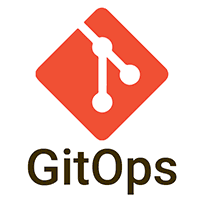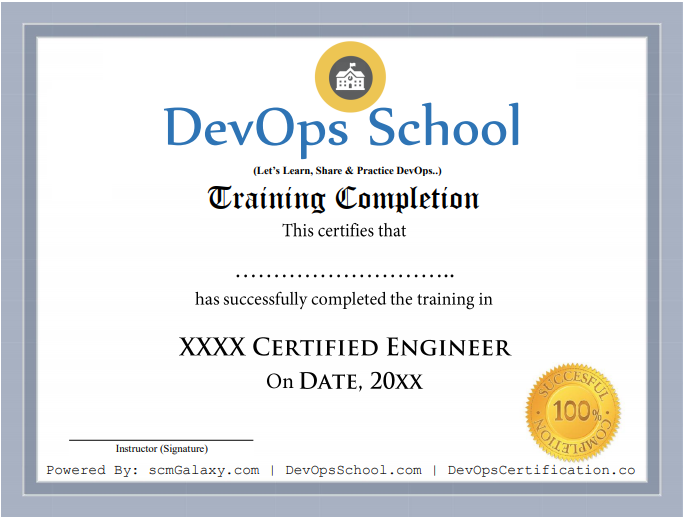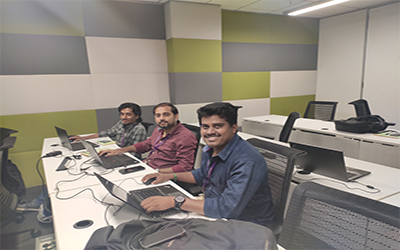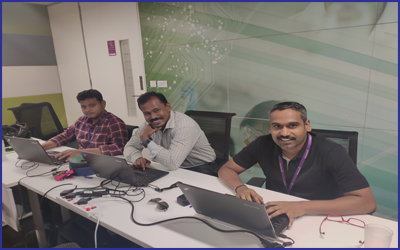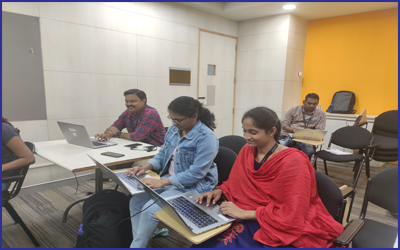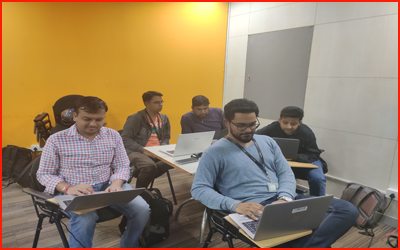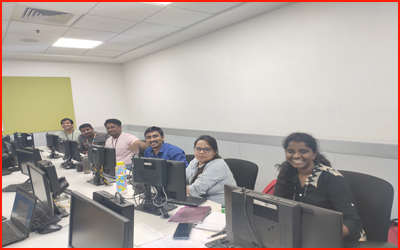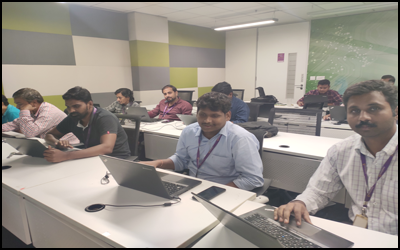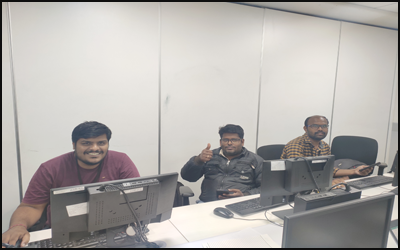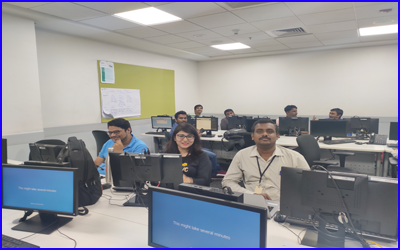8000+
Certified Learners
15+
Years Avg. faculty experience
40+
Happy Clients
4.5/5.0
Average class rating
About GitOps Essential Training
GitOps defines a better approach to performing Continuous Delivery in the context of a Kubernetes cluster. It does so by promoting Git as the single source of truth for declarative infrastructure and workloads.
This Learning Path will get you started with GitOps and will bring you quickly up to speed with the basic features and processes involved in a GitOps workflow. First, we introduce you to GitOps and the many benefits that it provides when it comes to automating deployments. The Learning Path then provides you with a validated hands-on lab that will walk you through the process of setting up and using GitOps. Finally, you're provided with a multichoice exam to assess the GitOps knowledge the Learning Path has provided you with.
